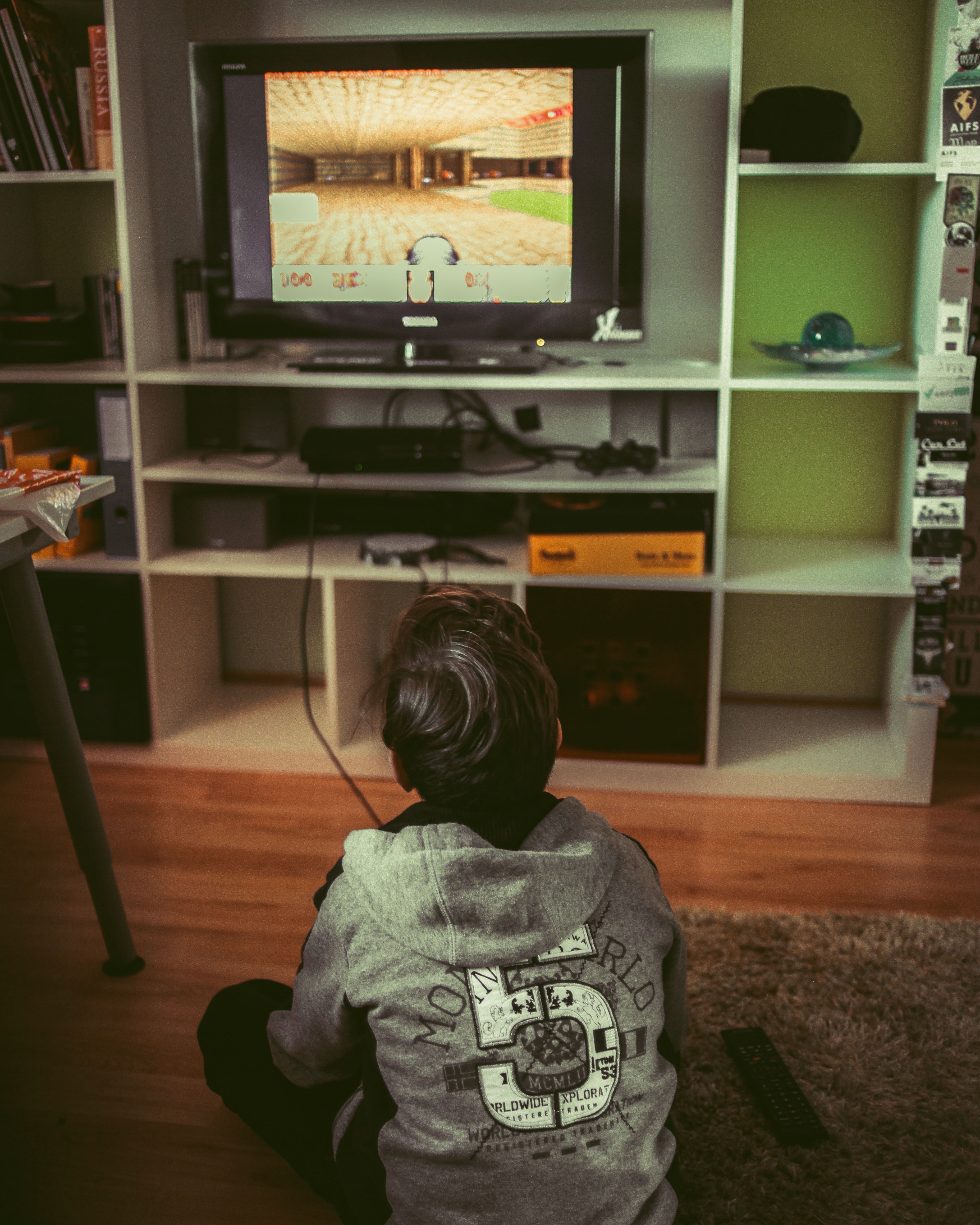The unusual lawsuit, filed in a Canadian court, alleges that Epic Games intentionally designed Fortnite to be as addictive as possible.
Parents in Canada have filed a lawsuit against Epic Games, claiming that the company has produced addictive video games that have a detrimental effect on his children’s well-being.
According to The New York Post, the lawsuit was filed in Quebec Superior Court earlier this week.
In their complaint, the parents claim that Epic Games intentionally developed Fortnite, a popular battle royale-style shooter, to be “highly addictive.”
One of the parents alleges that their child has logged an estimated 7,700 hours of gameplay in less than two years—an average of three hours per day.
Another said that their son played for nearly 7,000 and was angered when his parents placed a “lock” on his computer to limit his game time.
While the parents’ claims may be controversial, Quebec Superior Court Justice Sylvain Lussier found on Wednesday that the lawsuit “does not appear frivolous or manifestly ill-founded.”

Lussier further compared the parents’ claims to historical litigation against the tobacco industry, in which cigarette manufacturers aggressively insisted that their products were neither addictive nor inherently harmful.
“The harmful effect of tobacco,” Lussier wrote, “was not recognized or admitted overnight.”
“The court concludes that there is a serious issue to be argued, supported by sufficient and specific allegations as to the existence of risks or even dangers arising from the use of Fortnite,” Lussier ruled, granting the lawsuit class action status.
However, Lussier did cast some skepticism on the claim that Epic Games intended to make Fortnite addictive.
“The court finds that there is no evidence for these allegations of the deliberate creation of an addictive game,” Lussier wrote. “This does not exclude the possibility that the game is in fact addictive and that its designer and distributor are presumed to know it.”
The New York Post notes that other publications, including the BBC, had previously reported that Epic Games has defended against similar allegations by stating that “video games addiction” is not a recognized psychological disorder.
However, the World Health Organization has since determined that video games could be considered addictive.
In his ruling, Lussier stated that anybody who has developed the symptoms of addiction as a result of playing Fortnite—including impediment to family, social, educational, or career-related activities—could be eligible to join the class action.
Epic Games has said that it will defend against the claims in court, with a spokesperson noting that the parents of underage children have adequate strategies to limit their children’s play time.
“Parents can receive playtime reports that track the amount of time their child plays each week, and require parental permission before purchases are made,” Epic Games said in a statement.
“We plan to fight this in court,” Epic Games continued. “We believe the evidence will show that this case is meritless.”
Sources
Children stopped sleeping and eating to play Fortnite – lawsuit
Parents file lawsuit saying their kids are addicted to Fortnite
Parents sue ‘Fortnite’ maker Epic Games for getting kids addicted


Join the conversation!